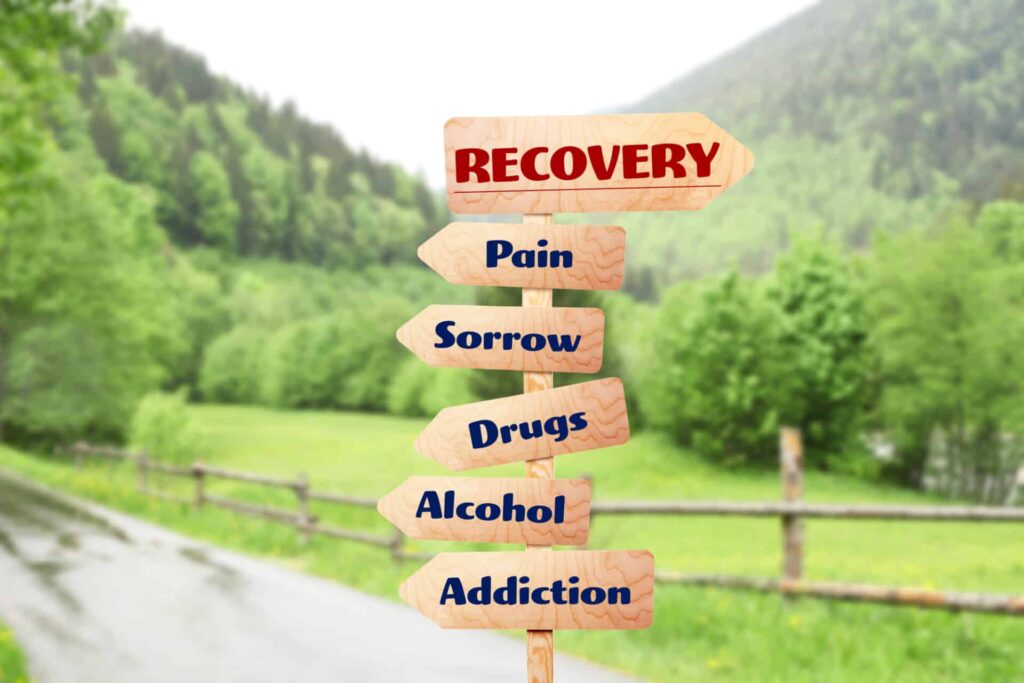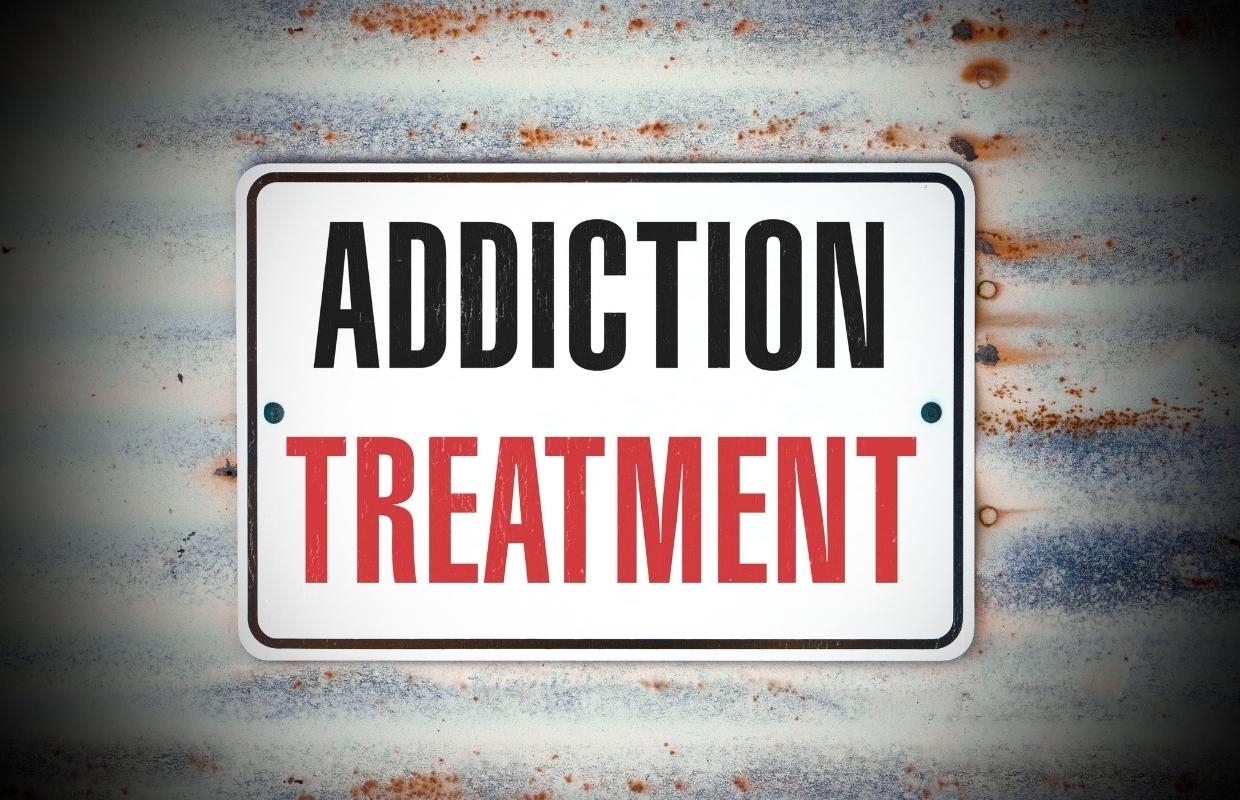Key Kind Of Addiction Therapy: Navigating Alcohol Addiction Recovery Via Evidence-Based Practices
In the world of alcoholism recuperation, the integration of Cognitive-Behavioral Treatments (CBT) and Medication-Assisted Treatment (FLOOR COVERING) marks a critical stride in the direction of effectiveness and patient-centered care. CBT uses an organized course to reframe damaging idea patterns, while MAT offers a biochemical foothold against the physical adversities of withdrawal. When these evidence-based practices are supplemented with alternative strategies, such as mindfulness and dietary assistance, they form a robust structure for therapy. Nonetheless, the journey with these methods presents distinct obstacles and end results, laying bare the question of exactly how these therapies concretely intersect to foster sustained recovery.

Comprehending Cognitive-Behavioral Treatments in Alcoholism Healing
As alcohol addiction recovery develops, cognitive-behavioral therapies (CBT) have emerged as a foundation in reliable treatment methods. fentanyl addiction treatment. Therapy concentrates on determining these unfavorable patterns and mentor individuals exactly how to challenge and change them with more positive reasoning. The versatile nature of CBT enables it to be tailored to the one-of-a-kind needs of each individual, improving its aa rehab centers efficiency in the world of alcohol healing.

The Duty of Medication-Assisted Treatment in Managing Withdrawal and Food Cravings
Medication-assisted treatment (FLOOR COVERING) plays a vital duty in the monitoring of withdrawal symptoms and desires in individuals recouping from alcohol addiction. telehealth addiction treatment. Such integration supports the retention in therapy programs and adds significantly to protecting against relapse, noting MAT as a foundation of reliable alcohol dependency therapy.

Incorporating Holistic Strategies With Traditional Therapies for Comprehensive Care
While click reference medication-assisted treatment supplies a fundamental method to alcohol recovery, incorporating all natural methods with typical treatments uses an extra extensive care model. By incorporating why not try these out these diverse strategies, therapy programs can customize treatments to specific requirements, promoting an extra lasting recuperation. This integrated method underscores the importance of a diverse technique in the efficient therapy of alcohol addiction.
Conclusion
In verdict, efficient alcohol dependency recuperation leverages a combination of evidence-based practices. Cognitive-Behavioral Treatments reframe unfavorable reasoning, while Medication-Assisted Treatment takes on the physical challenges of withdrawal and desires.